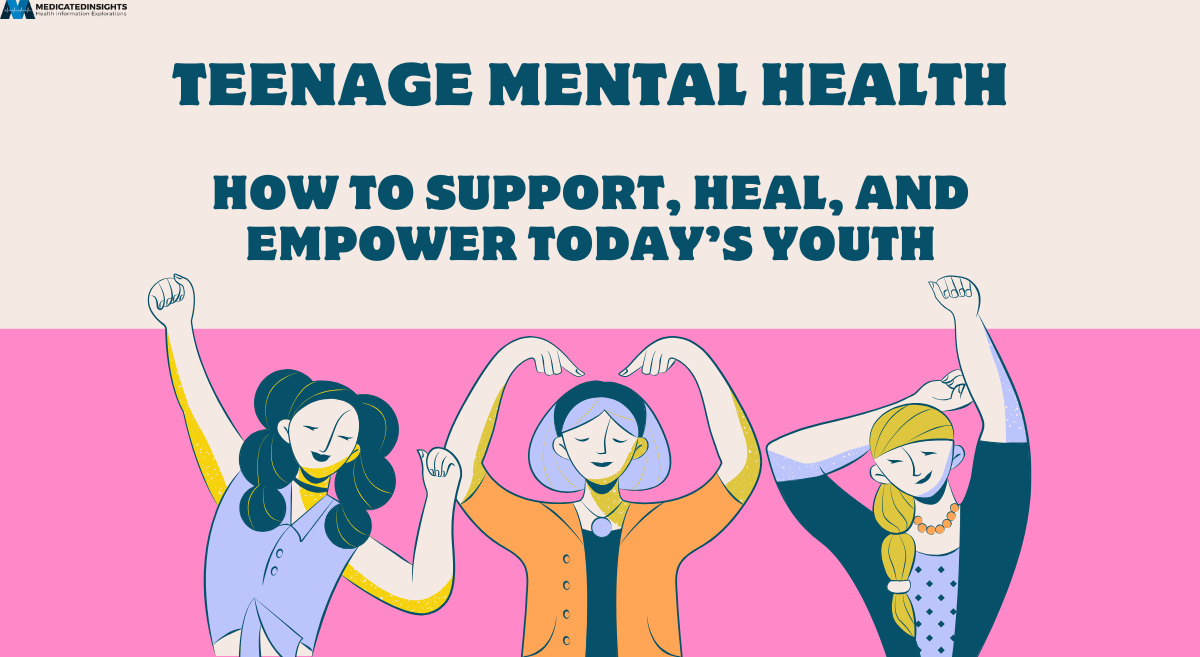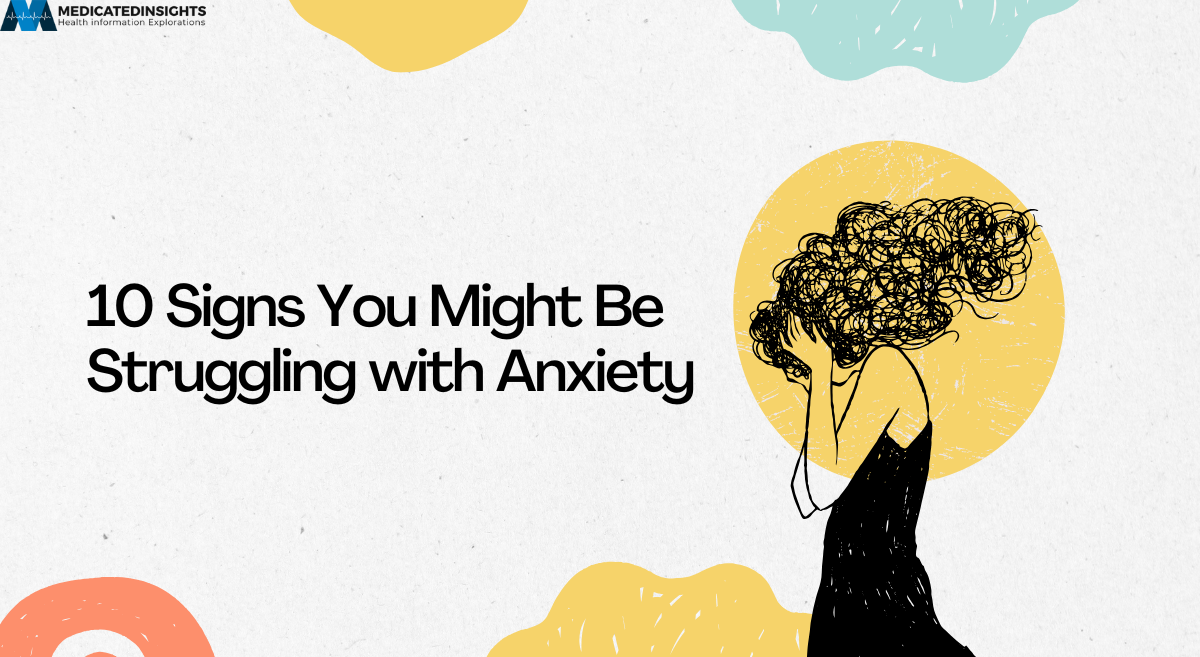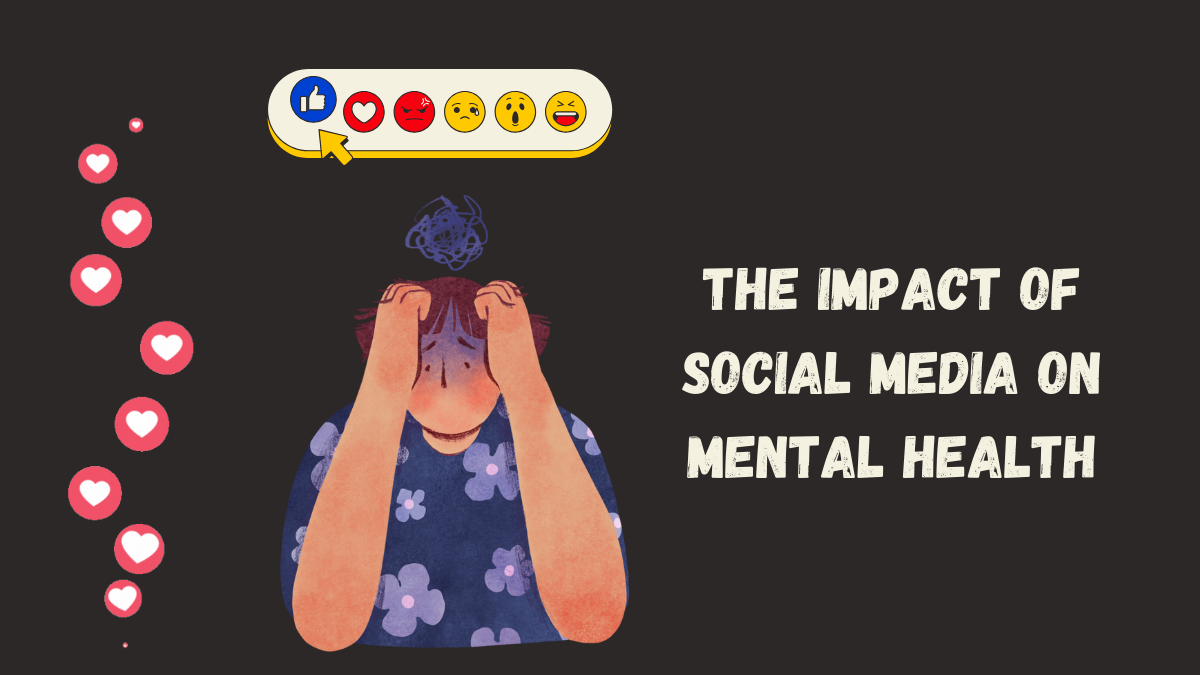Teenage is one of the most emotionally complex times of one’s life. Caught between the innocence of childhood and the responsibilities of adulthood, teens face mounting pressures, relentless expectations, and an inner world often filled with confusion and pain. And yet, too many suffer in silence, smiling on the outside while hurting deeply within.
Mental health in teenagers isn’t just a trend or a buzzword—it’s a reality that demands our immediate attention. Because when a teen feels unseen, unheard, or unsupported, the consequences can be devastating.
Why Teenage Mental Health Deserves Urgent Attention
Teenagers today are dealing with:
- High academic stress – with the pressure to get perfect grades or choose the right career path.
- Social media influence – where likes define self-worth, and comparisons feel endless.
- Identity struggles – with questions about who they are and where they belong.
- Loneliness and isolation – even when surrounded by people.
These challenges aren’t just phases—they’re real, emotional battles. A teenager’s brain is still developing, especially the part that regulates emotions and decision-making. This makes them more vulnerable to mental health issues, including anxiety, depression, eating disorders, and even suicidal thoughts.
Understanding What They’re Going Through
It’s easy to dismiss teen behavior as “just hormones” or “typical drama.” But beneath that surface:
- That quiet teen in their room might be battling depression.
- That overachiever may be masking crippling anxiety.
- That rebellious attitude might be a cry for help.
Mental health issues don’t always look like sadness. They can show up as anger, irritability, withdrawal, or even perfectionism. That’s why it’s so important to see beyond the behavior and understand the emotion behind it.
Emotional Warning Signs Not to Ignore
If you’re a parent, teacher, or someone who loves a teen—watch for these emotional red flags:
- Frequent mood swings or emotional outbursts
- Loss of interest in hobbies, school, or friendships
- Feeling worthless, hopeless, or talking about being a burden
- Excessive worry, fear, or guilt
- Withdrawal from loved ones or isolating in their room
These are not “attention-seeking” behaviors. They are warning signals that something deeper is going on.
How to Support a Teen Who’s Struggling
Supporting a teen through mental health struggles doesn’t mean having all the answers—it means showing up. Being there. Listening without judgment. Loving them through the darkness.
Here’s how you can truly support them:
-
Start honest conversations
Ask how they’re feeling. Let them talk without interrupting or trying to fix things immediately. -
Normalize mental health discussions
Let them know it’s okay to not be okay. Share your struggles if you feel comfortable. -
Avoid minimizing their emotions
Phrases like “you’re overreacting” or “you’ll get over it” can make them feel invalidated. -
Create a safe, shame-free space
Show empathy. Make home or your presence a sanctuary where they can exhale. -
Encourage professional help
Therapy is not a sign of weakness. It’s a powerful tool for healing.
Empowering Teens to Own Their Mental Health
Healing doesn’t happen overnight—but empowerment starts with small steps. When teens feel like they have control, they start to believe in their own resilience. Encourage them to:
- Set boundaries – with friends, social media, and even school pressures.
- Practice self-care – whether it’s journaling, exercising, or just taking mental breaks.
- Get creative – through art, music, or writing as an emotional outlet.
- Build support systems – from trusted adults to peer groups who truly care.
- Seek help without shame – remind them that asking for help is brave, not weak.
The Power of One Caring Adult
Research shows that just one caring adult can drastically change the trajectory of a teen’s mental health journey. That could be you.
- Be the adult who listens, not lectures.
- Be the person who notices the pain behind the smile.
- Be the safe place they know they can return to.
You might not have all the answers—but your presence, your love, and your belief in them could be the very thing that saves a life.
Final Thoughts: Choose Compassion Every Time
Teenage mental health is not a trend—it’s a truth. Behind every “lazy” teen, there might be a hurting soul. Behind every “moody” one, there might be untold fears. The world has never been harder to grow up in—and yet, our teens are trying their best every day.
So, let’s try our best too. Let’s support, heal, and empower our youth—not just with words, but with actions. Let’s be their shelter in the storm.
Because their lives are worth fighting for.





